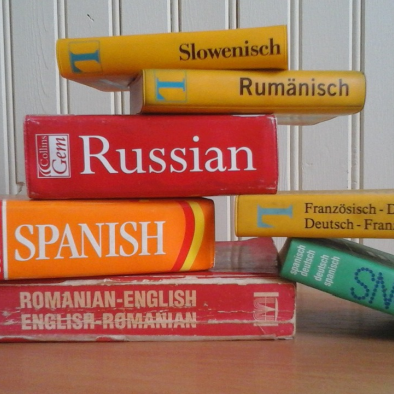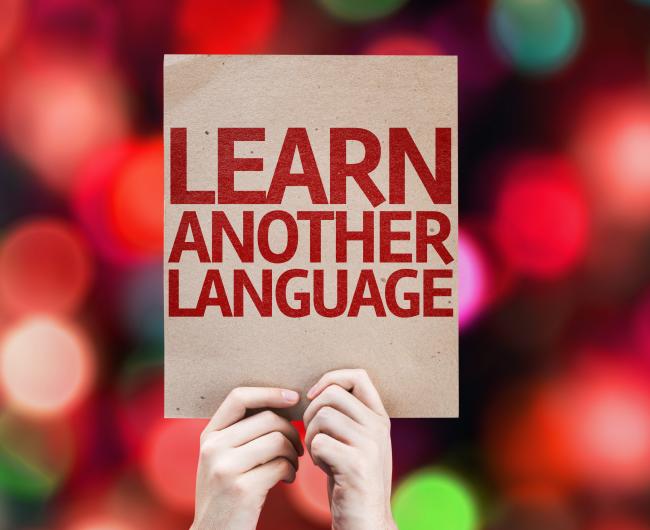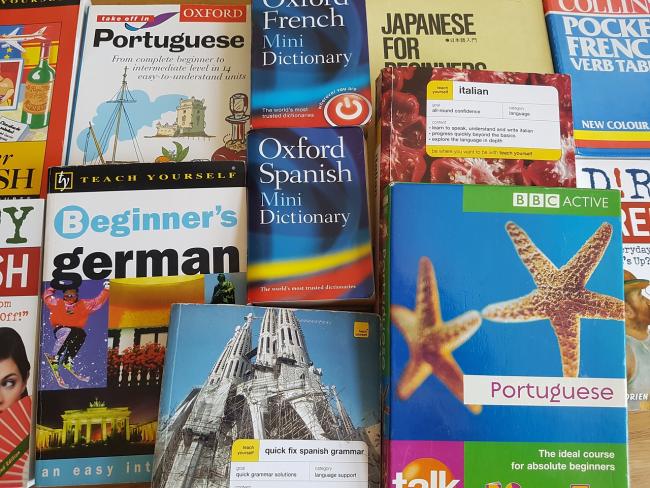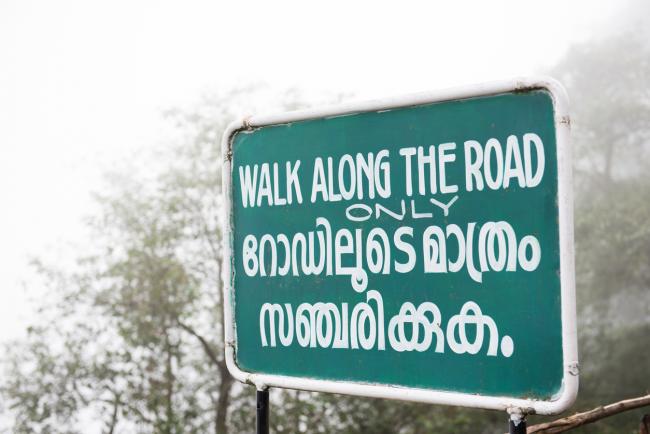Rather like living organisms, languages change and adapt, evolving with the lives of the human beings who use them.
It’s an intriguing fact that while language is a human universal, it only manifests itself in the form of specific languages that are characterised by considerable variety. Many people move routinely between different languages, depending on whether they’re at home, or at school or work, and family members who share the same two languages may frequently mix them in the course of a single conversation.
Even those who only speak one language such as ‘English’ will generally know and use different varieties. Geographical and cultural context play a significant part – people living in Newcastle tend to speak very differently from people in Devon, Cardiff, the Outer Hebrides, Texas or Sidney, though they will still generally understand each other most of the time. And if you’re talking to your friends, you’re likely to use subtly different grammar, words and pronunciation from when you’re talking to a public official, or to your granny, child, partner, cat, teacher or boss.
Articles in this section offer perspectives on linguistic diversity, language learning, and issues which impact on the language lives of the individuals and communities that make up our multilingual society.





